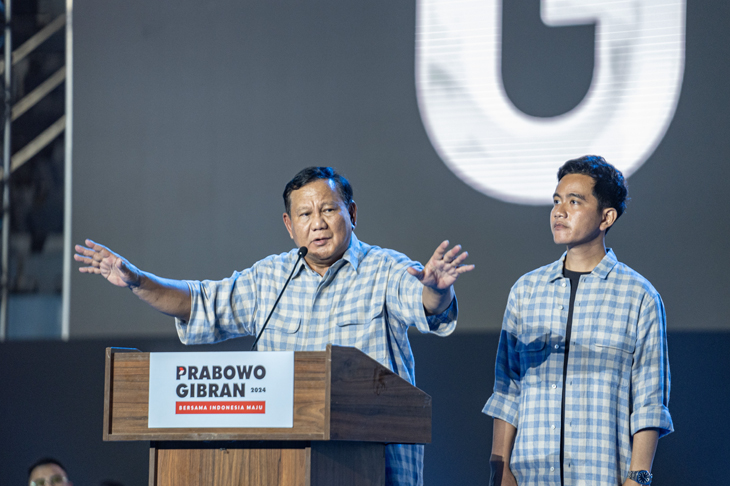There are two broad views of Indonesia amongst Australians. For the one-and-a-half million Australians who visit Bali each year, it is a party venue. For them, the beach resorts and the local nightlife of Kuta are the experiences of the nation. A few have visited other places, such as Lombok, but their knowledge of our northern neighbour is limited and peripheral.
Already a subscriber? Log in
Subscribe for just $2 a week
Try a month of The Spectator Australia absolutely free and without commitment. Not only that but – if you choose to continue – you’ll pay just $2 a week for your first year.
- Unlimited access to spectator.com.au and app
- The weekly edition on the Spectator Australia app
- Spectator podcasts and newsletters
- Full access to spectator.co.uk
Or
Unlock this article
You might disagree with half of it, but you’ll enjoy reading all of it. Try your first month for free, then just $2 a week for the remainder of your first year.












Comments
Don't miss out
Join the conversation with other Spectator Australia readers. Subscribe to leave a comment.
SUBSCRIBEAlready a subscriber? Log in